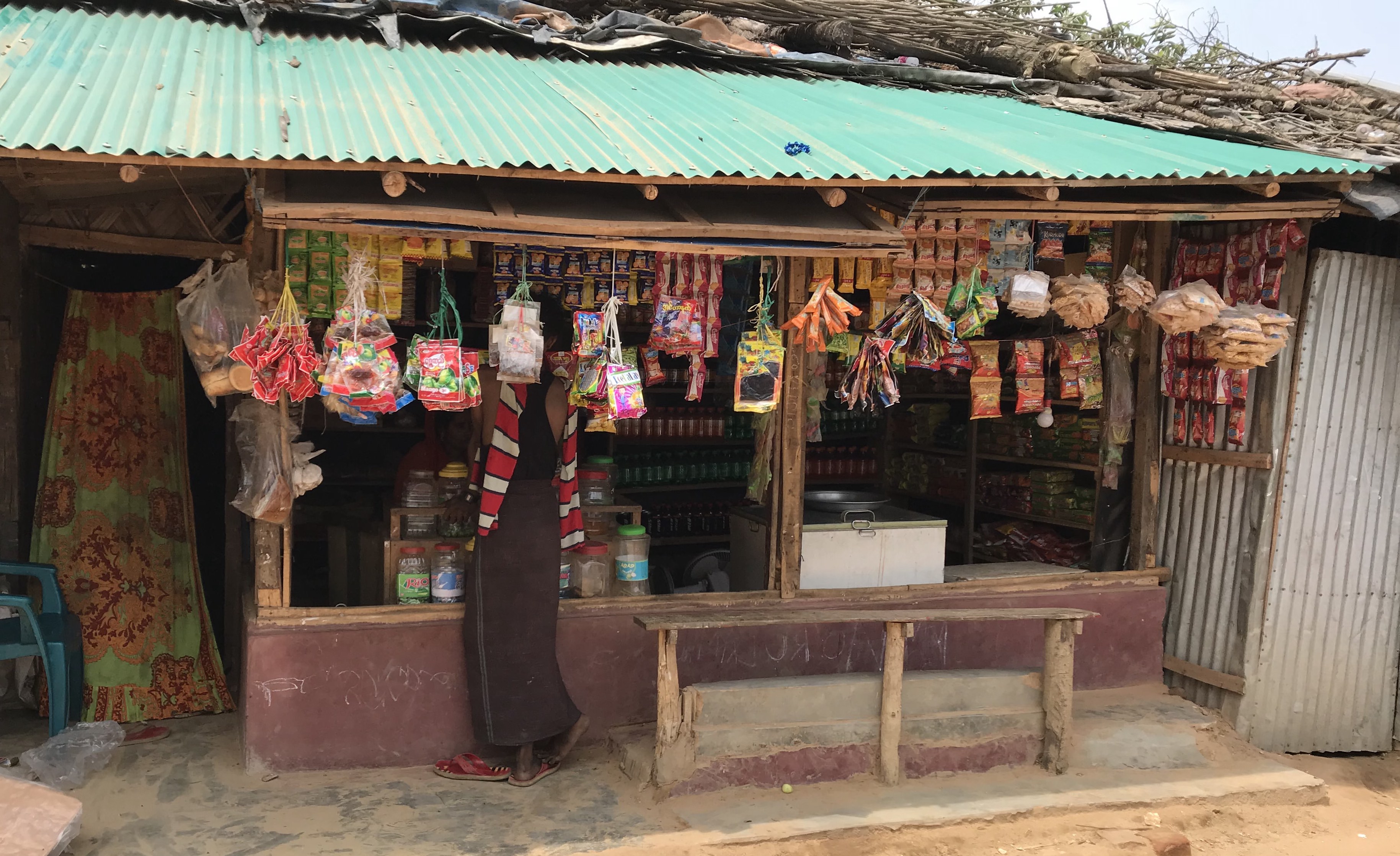The current political climate and global refugee crisis has led to increasing anti-immigrant rhetoric throughout the world. Migration skeptics make three common arguments to back restrictive policies: Migrants and refugees consume government resources, raise rates of violent crime, and displace native workers.
But these arguments are not supported by evidence, our chapter in the 2018 Global Food Policy Report shows. Rather, economic research indicates that migration can create substantial economic gains for both source and destination countries, as well as enhancing food security.
Evidence shows that migrants bring an array of benefits to destination countries. The U.S. Department of Health and Human Services itself estimated in 2017 that refugees generated a 10-year net benefit of $63 billion to the U.S. economy. Several studies have found violent crime rates do not significantly change with higher migrant populations, and most evidence shows that moderate migration does not affect wages among native workers. In fact, wages for women and some minority groups have historically increased when more migrant workers are present.
Voluntary migration can also improve food security both for migrants and the families left behind, particularly in rural areas.
The departure of family members triggers a complex shift in the households they leave behind. Pressure on finite resources declines, increasing the availability of food for remaining household members; but at the same time, an important laborer also leaves the household. But remittances—money sent home by migrants—can help the family make up for the lost labor and, in many cases, even provide more income than before migration.
The resulting improvements in food security have positive results. In Guatemala and El Salvador, for example, stunting prevalence among children under 5 appears to be lower among migrant source households (most of which receive remittances) than non-source households. In Tajikistan, migrant source households have been found to consume more average calories than non-source households.
Internal migration (i.e., taking place within a country) can also increase food security, provided employment opportunities exist and workers have a means to travel. In northwest Bangladesh, for example, a NGO program provided migrant laborers money for bus tickets during the hungry seasons, allowing many to become seasonal migrants. This support led to a long-term increase in seasonal migration and an increase in per capita consumption among migrant households, while also providing farmers with needed labor.
The involuntary migration of refugees does not have such unambiguous benefits, of course. Refugees are often more vulnerable to food insecurity and perceived as a strain on local and national economies. But even refugees forced to migrate across borders can benefit local communities by stimulating incomes and entrepreneurial activity. For example, research from a camp in Tanzania that housed refugees from Burundi and Rwanda found that proximity to the camp was welfare-increasing on average. Research in Kenya, meanwhile, found Kenyans living within 10 kilometers of a refugee camp had a consumption rate 25 percent higher than similar Kenyans living farther away.
Overall, the evidence on the links between food security and migration remains limited; we need further research to establish how policies can support migration and create the best outcomes.
Nevertheless, a variety of mechanisms—such as transportation assistance in Bangladesh—are available now to help lower the costs and increase the benefits of migration. The high costs of migration and adaptation to a new home base are major obstacles for food-insecure households. Such costs can be reduced, for example, using innovative mobile phone apps that track costs and receive credit and loans.
Even as migrants face public hostility in many countries, involuntary migration is expected to rise due to environmental pressures from climate change. The evidence shows that migration can provide substantial benefits in the face of such global challenges. Policy makers should embrace that evidence and help realize these benefits by providing programs that support migrants and the economic activity they generate.
Kate Ambler is a Research Fellow with IFPRI’s Markets, Trade, and Institutions Division (MTID); Alan de Brauw is a Senior Research Fellow with MTID; Elena Hildebrandt is an IFPRI Communications Intern.







